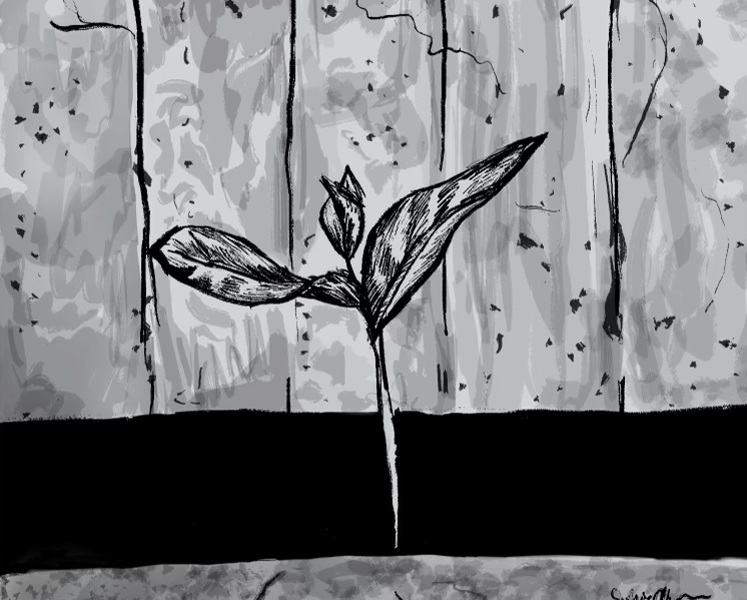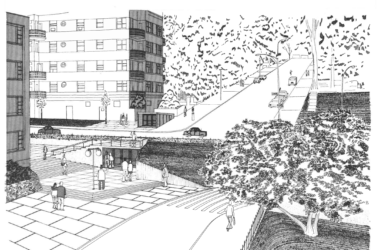The lush canopies of Mount Royal may be the most quintessential of Montreal’s renowned green—and soon to be red and orange—spaces; but thanks to one McGill club, students and city residents alike may soon have new woods to admire in their downtown backyard.
Little Forests McGill, a student association founded in 2022 with the goal of integrating nature into urban areas, is working to plant one of Canada’s few Miyawaki Forests in Montreal. Originally pioneered by Japanese botanist Akira Miyawaki, these forests were conceived as densely planted, biodiverse hubs of multi-layered greenery. Designed to be tailored to a specific region’s native species, climate conditions, and available land, these forests are ideal for cities’ often-limited horizontal space. Once planted, they require only up to two years of watering and weeding before becoming entirely self-sustaining. Not only do Miyawaki forests provide birds, pollinators, and other local wildlife with sustenance and shelter, residents also benefit from carbon dioxide absorption, reduced noise and air pollution, and cooler temperatures.
While most popular in Japan and India, Quebec has gained several Miyawaki forests over the past decade. Since 2021, community initiatives in Rosemont–La Petite-Patrie, Pierrefonds-Roxboro, Boisbriand, and Verdun have successfully planted Miyawaki or other similar micro-forests in Montreal and its surroundings.
In an interview with The Tribune, club president Kimsoo Gopnik described the club’s efforts to jumpstart one of these forests. The first two major steps of their initiative have been to find an available plot of land suitable for planting and to secure funding from sponsors—steps that the group hopes will be completed in time for this spring when they can begin soil testing, sapling purchasing, and ultimately, planting. Thus far, finding a planting site has proved to be easier said than done.
“The ideal area [of a Miyawaki forest] is 100 square meters but that’s harder to find in a busy city,” Gopnik explained. “Technically it can be done in as little as three square meters but it’s just not going to have the same benefits as the larger forest does.”
Nonetheless, Gopnik expressed that the club was entering a promising period of discussions with holders of two sites, one bordering McGill’s Macdonald Campus and the other downtown.
“We have very optimistic landowners who are open to work with us, to collaborate, so that’s very very exciting,” she added.
Finding sponsors from local businesses is also challenging. While they generally receive positive first responses, Gopnik shared that many businesses are hesitant to commit to collaboration until specific budget estimates can be provided; estimates that will only become available once a planting location is settled on.
Nonetheless, Little Forests has succeeded in obtaining sponsorship from Services d’arbres Primeau—a tree-planting company that has agreed to provide the project’s wood chips, compost, water supply and expertise once tree planting begins. The club’s funding team has also begun the process of grant-writing and considering McGill’s Sustainability Projects Fund, which awards community applicants working on sustainability projects with funding of up to $400,000 CAD.
For students looking to contribute to the Little Forest project, Gopnik recommended applying to one of the newly available executive positions posted on the club’s Instagram page, including sponsorship, finance, and event-planning roles. Options for more laid-back involvement include attending the club’s monthly general meeting and subscribing to the club newsletter. Most importantly, once tree planting starts, the club will call for volunteers on all their platforms. And when that time comes, Gopnik says, “we’ll definitely need all hands on deck.”









